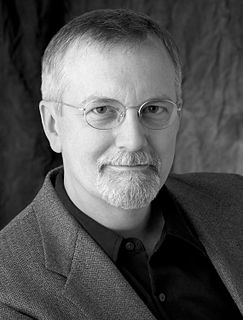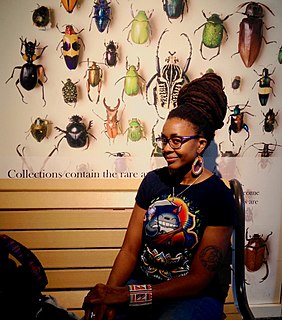A Quote by Charles J. Shields
There is more to be pondered in the grain and texture of life than traditional fiction allows. The work of essayists is vital precisely because it permits and encourages self-knowledge in a way that is less indirect than fiction, more open and speculative.
Related Quotes
In some ways I spend longer at non-fiction because there are a lot of different threads to bring together. But non-fiction is more reflective than immersive. The problem with fiction sometimes is that you have to leave the real world to enter the fictional one. And that takes so much, goes into your head for so long?.?.?.?I don't know, I just feel less inclined toward that these days, and more inclined to remain in my own life. I do like really good fiction, but it's getting harder to hold my attention in a novel.
I'm more thrilled by the short fiction than I expected to be. I've found more pleasure in reading short fiction than I used to. By seeing what kinds of thinking are going on in short fiction. I was also surprised by the panic I've felt, especially at first, when we'd put an issue to bed and then realized we had to put another one together.
It is a work of psychogeography, albeit in a less explicit sense than Iain Sinclair's or Will Self's. It had to be fiction though, because I needed that freedom of including whatever belonged, and cutting out whatever didn't. The main fiction in it was matching Julius' generous and self-concealing character to New York's generous and self-concealing character. I think this also adds to my answer about New York's personality in the book.
I obviously read and adore traditional fiction. I teach traditional fiction, I also teach all kind of not-so-traditional fiction. And since I'm such a plot buff, and I'm really such a narrative buff, I can't seem to relinquish my - not just reliance - but excitement about those traditional techniques.
Literary science fiction is a very, very narrow band of the publishing business. I love science fiction in more of a pop-culture sense. And by the way, the line between science fiction and reality has blurred a lot in my life doing deep ocean expeditions and working on actual space projects and so on. So I tend to be more fascinated by the reality of the science-fiction world in which we live.






































